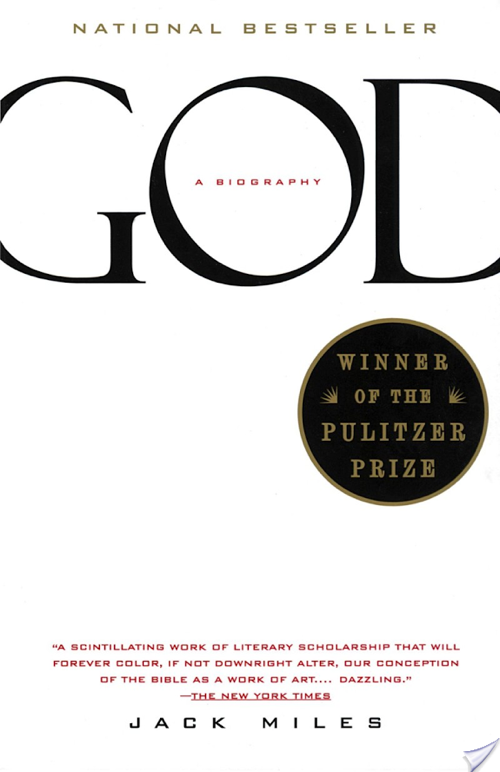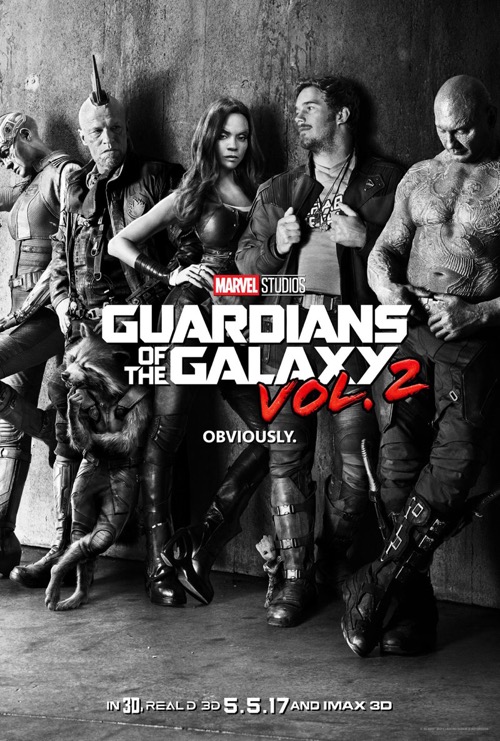Condemning the Alt-Right
I wanted to check in on what "my" side (the political right) was saying about the despicable events in Charlottesville, VA, so I took a look at the National Review's massive group blog, The Corner. I wasn't disappointed by what I saw.
Incredibly, key elements of the Trump coalition, including Trump himself, gave the alt-right aid and comfort. Steve Bannon, the president’s chief strategist, proclaimed that his publication, Breitbart.com, was the “the platform for the alt-right,” Breitbart long protected, promoted, and published Milo Yiannopolous – the alt-right’s foremost “respectable” defender – and Trump himself retweeted alt-right accounts and launched into an explicitly racial attack against an American judge of Mexican descent, an attack that delighted his most racist supporters.
In other words, if there ever was a time in recent American political history for an American president to make a clear, unequivocal statement against the alt-right, it was today. Instead, we got a vague condemnation of “hatred, bigotry and violence on many sides.” This is unacceptable, especially given that Trump can be quite specific when he’s truly angry. Just ask the Khan family, Judge Curiel, James Comey, or any other person he considers a personal enemy. Even worse, members of the alt-right openly celebrated Trump’s statement, taking it as a not-so-veiled decision to stand against media calls to condemn their movement.
America is at a dangerous crossroads. I know full well that I could have supplemented my list of violent white supremacist acts with a list of vicious killings and riots from left-wing extremists – including the recent act of lone-wolf progressive terror directed at GOP members of the House and Senate. There is a bloodlust at the political extremes. Now is the time for moral clarity, specific condemnations of vile American movements – no matter how many MAGA hats its members wear – and for actions that back up those appropriately strong words.
As things stand today, we face a darkening political future, potentially greater loss of life, and a degree of polarization that makes 2016 look like a time of national unity. Presidents aren’t all-powerful, but they can either help or hurt. Today, Trump’s words hurt the nation he leads.
The Nazis, the KKK, and white supremacists are repulsive and evil, and all of us have a moral obligation to speak out against the lies, bigotry, anti-Semitism, and hatred that they propagate. Having watched the horrifying video of the car deliberately crashing into a crowd of protesters, I urge the Department of Justice to immediately investigate and prosecute this grotesque act of domestic terrorism.
These bigots want to tear our country apart, but they will fail. America is far better than this. Our Nation was built on fundamental truths, none more central than the proposition “that all men are created equal, that they are endowed by their Creator with certain unalienable Rights, that among these are Life, Liberty and the Pursuit of Happiness.”
Is there any doubt, at this point, that Ted Cruz would have been a far better President than Donald Trump?
Even if you believe as I do, that Spencer’s form of white nationalism is a marginal movement granted far too much attention, the sight of hundreds of unmasked young men marching through Charlottesville with torches and chanting racist slogans inspires genuine fear in many Americans. Trump was given a chance to speak to that fear today, and to offer the same moral condemnation and deflation he’s given others. Instead he essentially repeated his disgraceful half-disavowal of Duke. He refused to call out these white supremacists by name, and condemn them. He merely condemned “all sides.” An energetic law and order president who had any sense of the divisions in his country would have announced today that he was instructing his Justice Department to look into the people in these groups, and zealously ferret out and prosecute any crimes they turned up.
This is a target-rich environment. Some of these scummy racists in Charlottesville wore chainmail, others went around shouting their devotion to Adolf Hitler. A president with Trump’s intuitive sense of depravity should be able to call them what they are: evil losers. More pathetic: evil cosplayers. Just as Spencer took Trump’s “I disavow” without a direct object to be a kind of wink in his direction, surely he’ll take today’s statement about “all sides” as another form of non-condemnation. With his performance today, Trump confirms the worst that has been said about him. He’s done damage to the peace of his country. What a revolting day in America.
—I’ve been skeptical of the rush to pull up Confederate monuments, and Robert E. Lee—the focus in Charlottesville—is not Nathan Bedford Forrest. But if the monuments are going to become rallying points for neo-Nazis, maybe they really do need to go.
I'd change this from "maybe" to "definitely". Otherwise, I agree with Rich. I've also been skeptical of the movement to remove Confederate monuments, but if the alt-right is organizing around them, it's long past time to take them all out.
—It’s always important to maintain some perspective. We aren’t experiencing anything like the level of political violence of the late-1960s and mid-1970s. But we now have two fringes on the right and the left, the white nationalists and anti-fa, who have a taste for violence, love the thrill and attention that comes with it, and are probably going to grow stronger rather than weaker. Depressing.
I agree.




